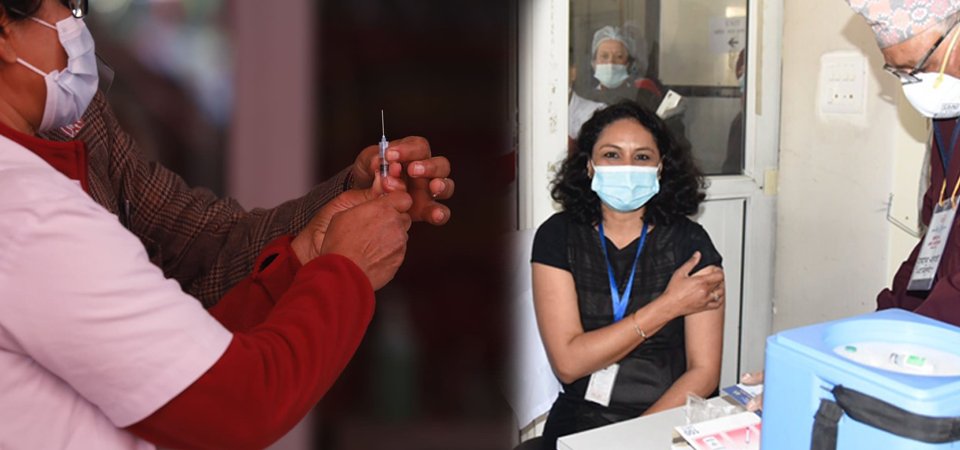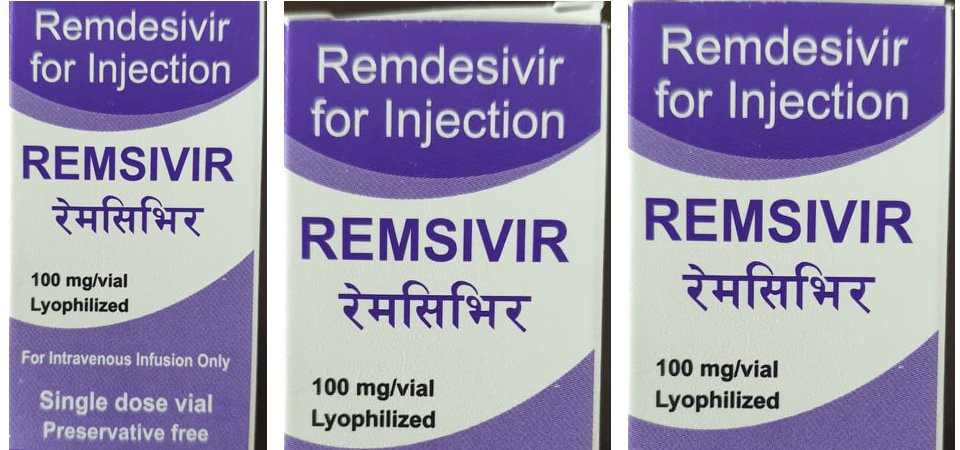Irrational use of anti-biotic leads to anti-biotic resistance: Medical Experts

Kathmandu, Nov. 18: Medical experts have said that irrational use of anti-biotic is the reason behind the increasing resistance to anti-biotic.
According to Dr Richa Nepal, Consultant Physician at the Department of Internal Medicine of Sukraraj Tropical and Infectious Disease Hospital, anti-biotic are a group of medicines that are used to treat infections caused by bacteria and germs. However, these medicines do not work against viruses, but, there has been rampant use of antibiotics without the prescription of medical doctors.
“The correct use of anti-biotic is a must to help reduce antibiotic resistance. Germs become resistant to antibiotics over time, which makes them less effective,” said Dr Nepal.
“Even in small viral disease people buy anti-biotic from medical stores in Nepal, because of which, the use of un-prescribed medicine is high. Even in Coronavirus infection, there was the use of anti-biotic, even though it is a viral disease. Like this, people take anti-biotic on any disease, that too without the prescription of doctors. Therefore, over time anti-biotic becomes ineffective and organisms will grow despite the use of anti-biotic” She added.
Dr Nepal further said that the high-priced, pharmaceutical use of anti-biotic is another concern for increasing resistance to anti-biotic.
Nepal efforts to minimize the anti-microbial resistance issue
According to Santosh KC, spokesperson to the Drug Development Administration (DDA), in Nepal, there has been a use of growth promoter anti-biotic in animals, because of which, cross-resistance to anti-biotic increases even the improper disposal of anti-biotic increases resistance. In addition, people use antibiotics in an irrational manner, therefore, resistance to anti-biotic is being observed.
As a result, there is one health approach in Nepal. This sees human health, veterinary use, and the environmental effect of anti-biotic and its resistance.
“In order to tackle, the excessive use of un-prescribed anti-biotic, Nepal has created three groups of anti-biotic, one is access group (easily found in general stores), watch group (only prescribed medicine), and Reserve group (classified for the tertiary and critical health care),” said Spokesperson KC.
He further said that there is a point prevalence check (use of anti-biotic in hospitals). This helps to monitor the use of anti-biotic. He also informed that the National Action Plan to regulate medicine is underway.
Recent News

Do not make expressions casting dout on election: EC
14 Apr, 2022
CM Bhatta says may New Year 2079 BS inspire positive thinking
14 Apr, 2022
Three new cases, 44 recoveries in 24 hours
14 Apr, 2022
689 climbers of 84 teams so far acquire permits for climbing various peaks this spring season
14 Apr, 2022
How the rising cost of living crisis is impacting Nepal
14 Apr, 2022
US military confirms an interstellar meteor collided with Earth
14 Apr, 2022
Valneva Covid vaccine approved for use in UK
14 Apr, 2022
Chair Prachanda highlights need of unity among Maoist, Communist forces
14 Apr, 2022
Ranbir Kapoor and Alia Bhatt: Bollywood toasts star couple on wedding
14 Apr, 2022
President Bhandari confers decorations (Photo Feature)
14 Apr, 2022











